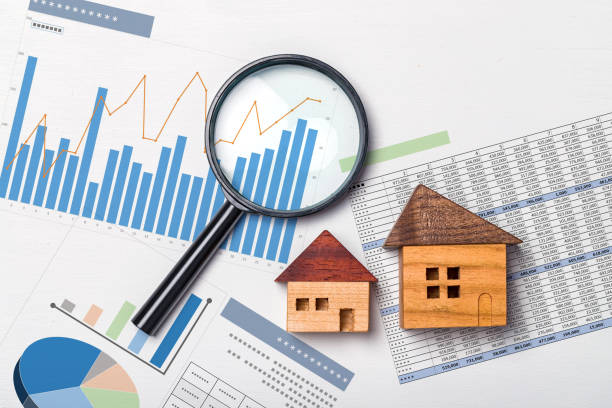Property Taxes in Thailand. Owning property in Thailand can be a great investment, but understanding the associated taxes is crucial for responsible ownership. Unlike some countries, Thailand doesn’t have a general annual property tax. However, there are tax implications depending on how you utilize your property.
Understanding the Housing and Land Tax
Thailand’s property tax system revolves around the Housing and Land Tax Act. Here’s a breakdown of how it applies:
-
No Tax for Owner-Occupied Residences: If you own a property and use it solely as your private residence, you generally won’t pay any annual property tax.
-
Tax for Rented Properties: If you rent out your property or use it for commercial purposes (like a shop or office), the Housing and Land Tax applies. The tax rate is 12.5% and is calculated based on the higher of two figures:
- The annual rental value you receive from your tenant as stated in the lease agreement.
- The annual assessed rental value determined by the local government.
Proposed Property Tax Reforms
The Thai government has proposed reforms to the property tax system. These reforms, if implemented, could introduce tiered tax rates based on property usage:
- Low Rates for Residences: A tax rate not exceeding 0.1% of the appraised value for properties used as private residences.
- Moderate Rates for Commercial Properties: A tax rate not exceeding 0.5% of the appraised value for properties used for commercial purposes.
- Continued Tax for Agricultural Land: A tax of around 0.05% of the appraised value for land used for agriculture (similar to the current system).
Importance of Staying Informed
The proposed property tax reforms are still under consideration, and the current system remains in effect. It’s advisable to stay updated on any changes through government announcements or consultations with a Thai tax professional.
Additional Considerations
- Local Government Fees: There may be additional fees imposed by your local government for utilities, waste collection, or property maintenance.
- Transfer Fees: When buying or selling property in Thailand, there are transfer fees associated with the transaction.
Conclusion
While there’s no general property tax for owner-occupied residences in Thailand, taxes apply when renting out property or using it commercially. Staying informed about potential tax reforms and consulting with a professional can help you navigate your property tax obligations in Thailand effectively.

